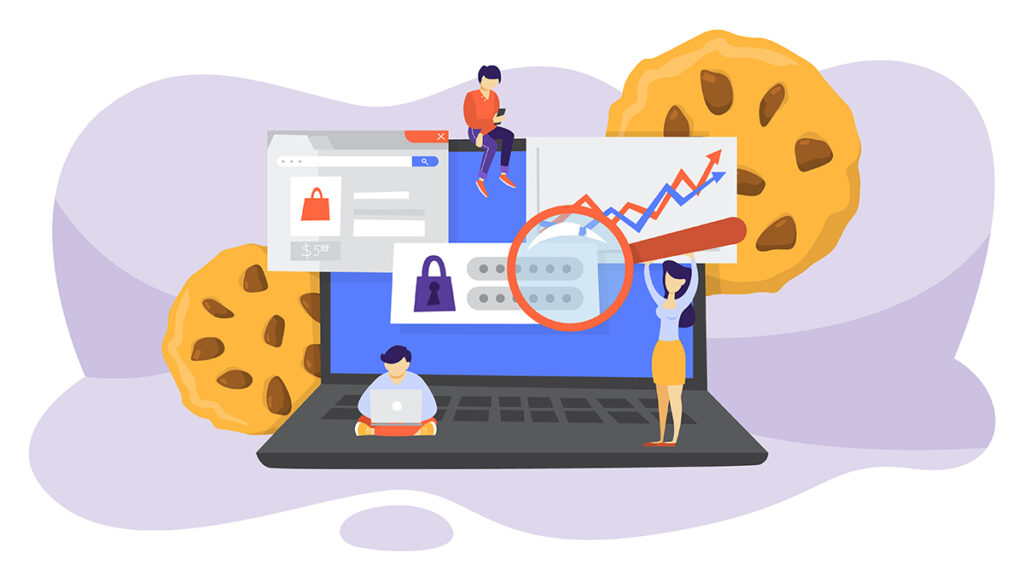The world’s most used web browser, Google Chrome, is getting a major ethical update. Google has taken action in reply to millions of users across the continents who objected to their website usage being tracked using third party cookies.
Third party cookies are essentially bits of data that get stored onto the user’s hard drive once they visit any website. These cookies have long been used by third parties such as marketing agencies on behalf of brands for ad targeting and building consumer profiles. Although legal, third party cookies are seen as a concern for two reasons:
1. Invasion of users’ privacy
2. Mismanagement of cookies by the website leading to security issues for the users.
What is the update regarding third party cookies?
To combat these two concerns, Google has made significant updates to the latest version of its browser- Chrome 80. According to Google, the Chrome update is a step towards remedying the problem albeit over the course of the next 2 years.
One of these remedies revolve around the SameSite protocol. Essentially, a website needs to attach a SameSite tag to each cookie in order to share that with a third party. The website will need to tag the cookie as ‘SameSite=None’ which means the cookie can be sent only to securely encrypted HTTPS websites. If it isn’t tagged so, Google will automatically delete that cookie which means it won’t reach any third parties. This will also prevent any potential cross-site request forgeries.
By the end of 2022, Google aims to completely do away with third party cookies which means digital marketers have a lot of thinking and innovating to do on their part.
What are the implications for digital marketers?
Until now, digital marketers leveraged Customer Data Platforms or Data Management Platforms to control data and gather insights about web users- potential customers for brands. These cookies helped them track user behaviour such as time spent on a particular website, products and services added to cart, preferred time to browse online, etc. Without these cookies, digital marketers will be left in the dark without any tangible assets to depend on.
With Chrome now being in the same league as Safari and Firefox when it comes to its policy about third party cookies, marketers will need to evolve and adopt new technologies to keep building strong marketing campaigns for their brands. There will be new vectors that would be tapped into to maybe gather user data or maybe informed consent forms to collect data will become the norm rather than the exception.
For now, the task for digital marketers is clear: adapting to the changes and creating a safer user experience. Marketing agencies and websites have to work overtime to label their third-party cookies using the SameSite protocol, and as quickly as possible so as to not lose whatever marketing momentum they have going.
Keep watching this space to know more about how digital marketers will deal with these ‘crumbling cookies’, and how will the industry evolve.





